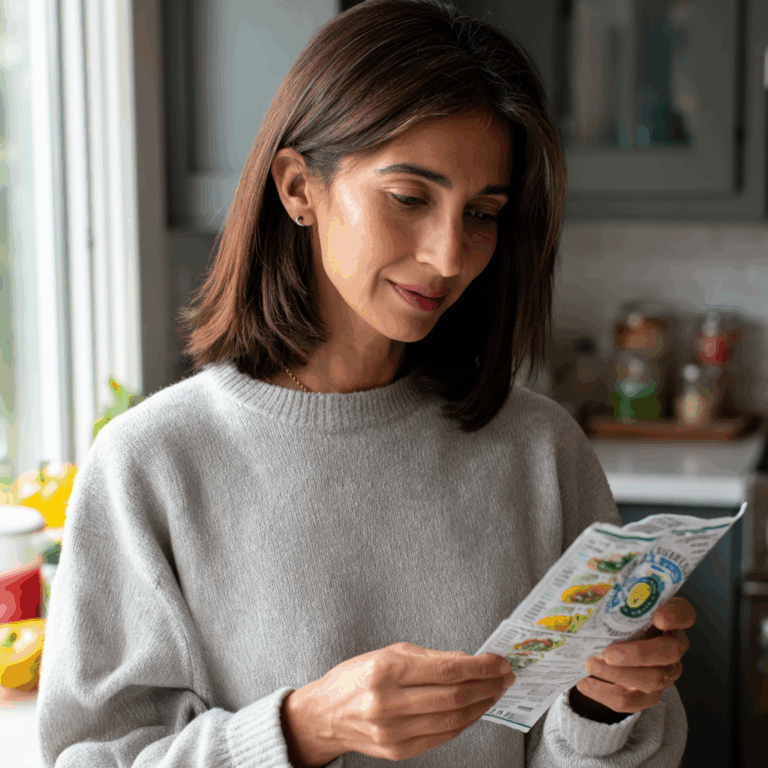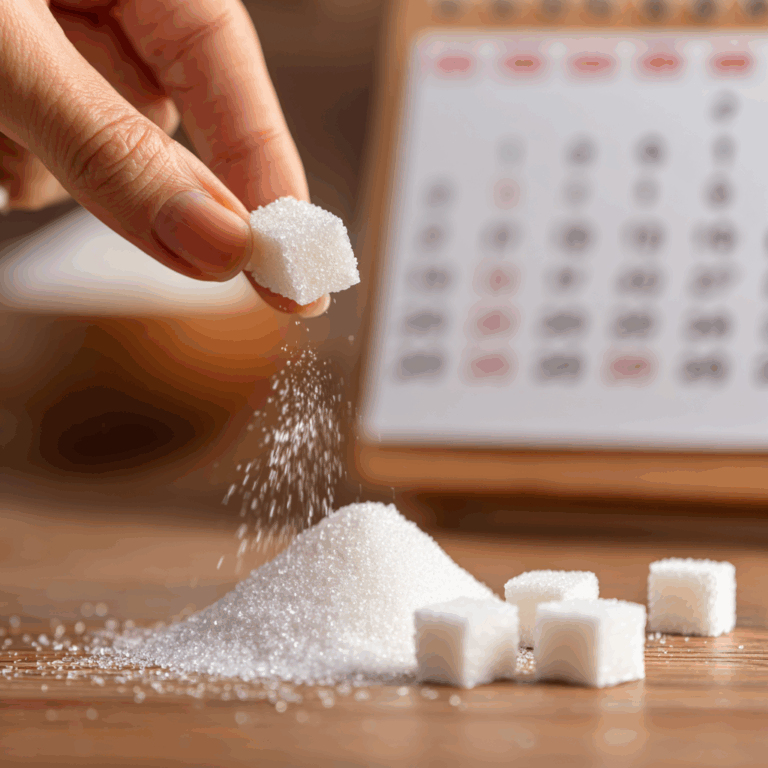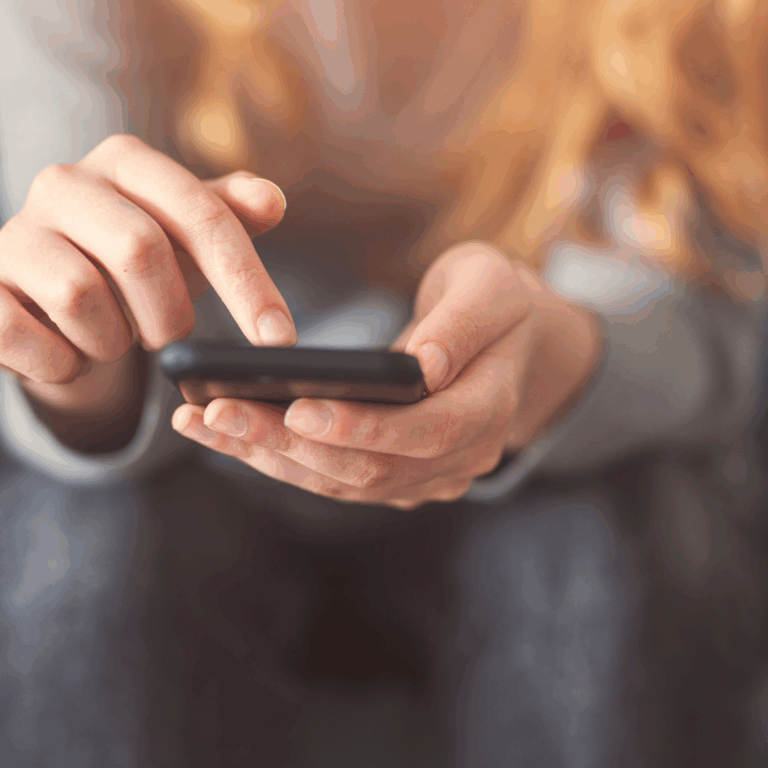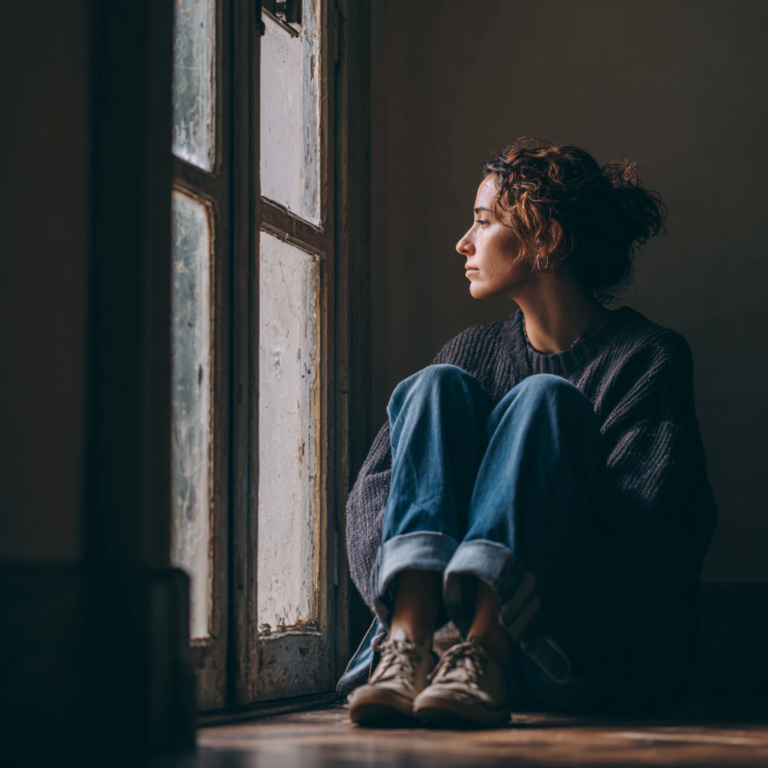By Mike, The SugarFreeMan
Founder of SugarDetox.com and the 30-Day Sugar Freedom Challenge

Featured Snippet Summary:
Social media can play a powerful role in sugar detox recovery when used with intention. It helps bridge isolation, reduce shame, and connect with others who understand your journey.
This article was review by Dr. Camela McGrath, MD, FACOG. Find more about her here
The Surprising Role of Social Media in Sugar Recovery
I’m a big-time introvert.
Always have been.
You’d think that would make social media easy for me – there’s a screen, a few wires, and maybe thousands of miles between you and me. But even with all that distance, sometimes I still feel out of my element online.
It took me a while to realize why: real connection still matters, even when it happens through a screen.
For many people in recovery from sugar addiction, connection is the missing nutrient.
And sometimes, the first place we find it is online.
Why Sugar Addiction Is a Disease of Isolation
If you’ve ever hidden your eating habits, eaten sweets in secret, or told yourself “just one more,” you already know how isolating sugar addiction can be.
You’re not alone.
In treatment circles, sugar and food addictions are often called “diseases of isolation.” That means people who struggle with them often withdraw – physically, emotionally, or both. Shame becomes the wall that separates them from the help they need.
Why isolation makes recovery harder:
- You feel alone in your struggle, even when surrounded by others.
- You hide your eating habits, which reinforces guilt and secrecy.
- You lose access to support and accountability.
The result? You end up trapped in a private loop of cravings, guilt, and “I’ll start again Monday.”
But recovery starts when you break that loop – when you connect.
How Social Media Becomes a Bridge Back to Connection
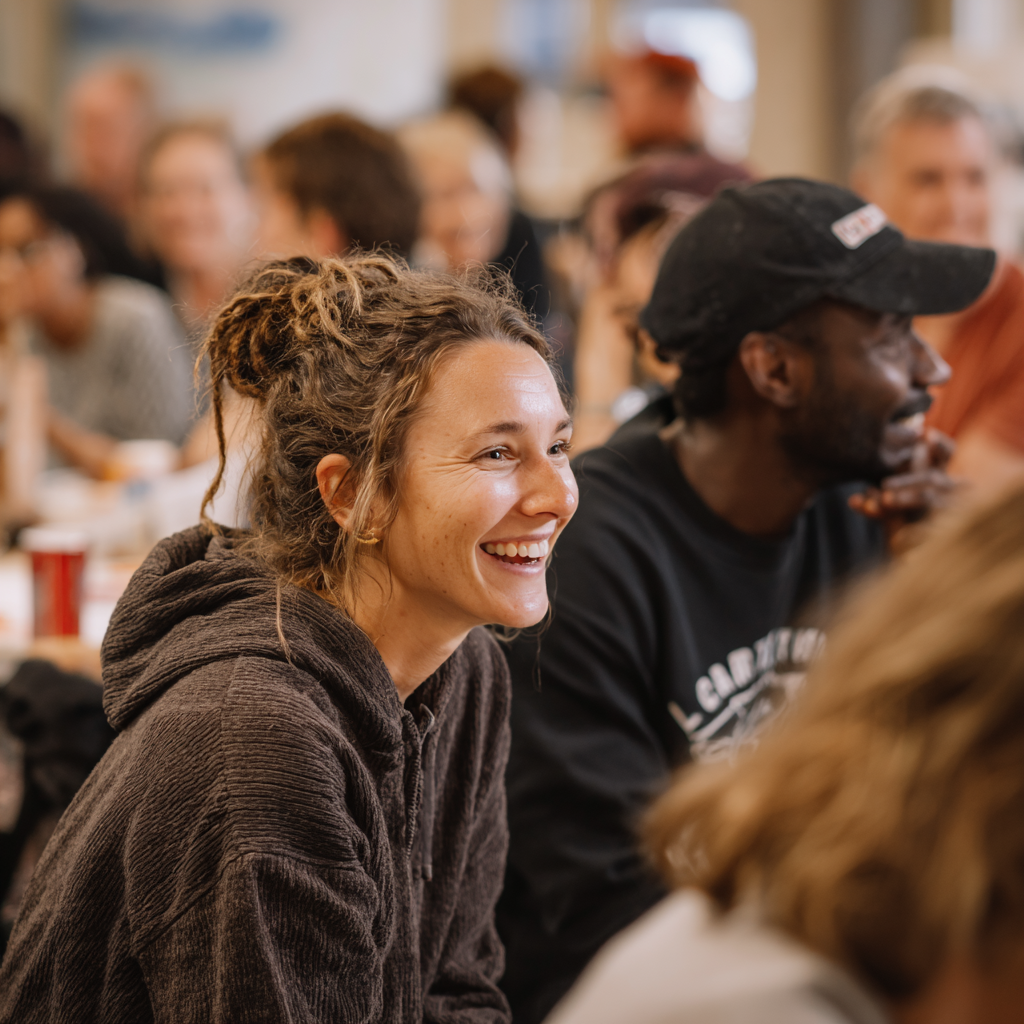
Social media isn’t perfect – far from it. It can be noisy, judgmental, and full of temptation. But for many sugar detoxers, it serves as a bridge back to community.
That bridge matters.
When you join a recovery-oriented group, watch an honest video, or comment on someone else’s story, you’re quietly telling your brain: “I’m not alone. Other people get this.”
That one step can shift everything.
“You don’t heal in isolation. You heal in community.”
– Mike Collins
Inside our Sugar Detox Support Group, I’ve watched thousands of people take that first small step – posting, commenting, even just reading silently at first.
Then something happens. They start to share. They start to ask for help. They begin to believe change is possible.
Why Online Communities Work (Even If You’re an Introvert)
Even if in-person connection feels overwhelming, online spaces create safety. You can show up in your own time and way – no spotlight, no judgment.
Here’s what makes it work:
- Shared experience: Everyone there understands what you’re going through.
- Emotional safety: You can open up without fear of criticism.
- Constant support: Help is available 24/7 – even at 9pm when cravings hit.
- Role models: Seeing others succeed gives you proof that you can too.
That’s why I tell people: you don’t have to face this alone. The right community helps you go from surviving to truly recovering.
When You’re Ready to Go Deeper
If you’re serious about healing your relationship with sugar, structured guidance helps.
That’s exactly why we built the 30-Day Sugar Detox Challenge – a step-by-step roadmap with accountability, tools, and community support.
You don’t have to guess your way through detox. We’ll walk you through it, together.
The Hidden Pressure of Social Media – And How to Handle It
Let’s be honest: social media can also make recovery harder if we’re not mindful.
Scrolling through “perfect bodies,” diet fads, or highlight reels can trigger comparison and shame.
If that sounds familiar, here’s how to use social media intentionally instead of reactively.
1. Curate Your Feed Like Your Pantry
Unfollow accounts that make you feel less than. Fill your feed with people and pages that inspire recovery, not restriction.
2. Engage with Purpose
Don’t just scroll. Comment, connect, and participate. Real recovery happens through real conversation.
3. Use It as Accountability
Publicly committing to your sugar detox, even in a small group, can boost follow-through dramatically.
According to research from the American Psychological Association, people who share their goals with others are 65% more likely to achieve them.
4. Step Away When Needed
Detoxing from sugar sometimes means detoxing from the noise, too. Take breaks. Go outside. Journal instead of scrolling. Balance online connection with offline peace.
From Isolation to Integration
Online recovery groups aren’t just chat rooms – they’re training wheels for real-life connection.
When you start to engage online, you slowly rebuild the social muscles that addiction weakened.
Before long, you’ll find it easier to say “no” at a family gathering, to share your story with a friend, or to walk past the bakery without that old pull.
That’s the goal: not to live online forever, but to use these tools to reconnect with life itself.
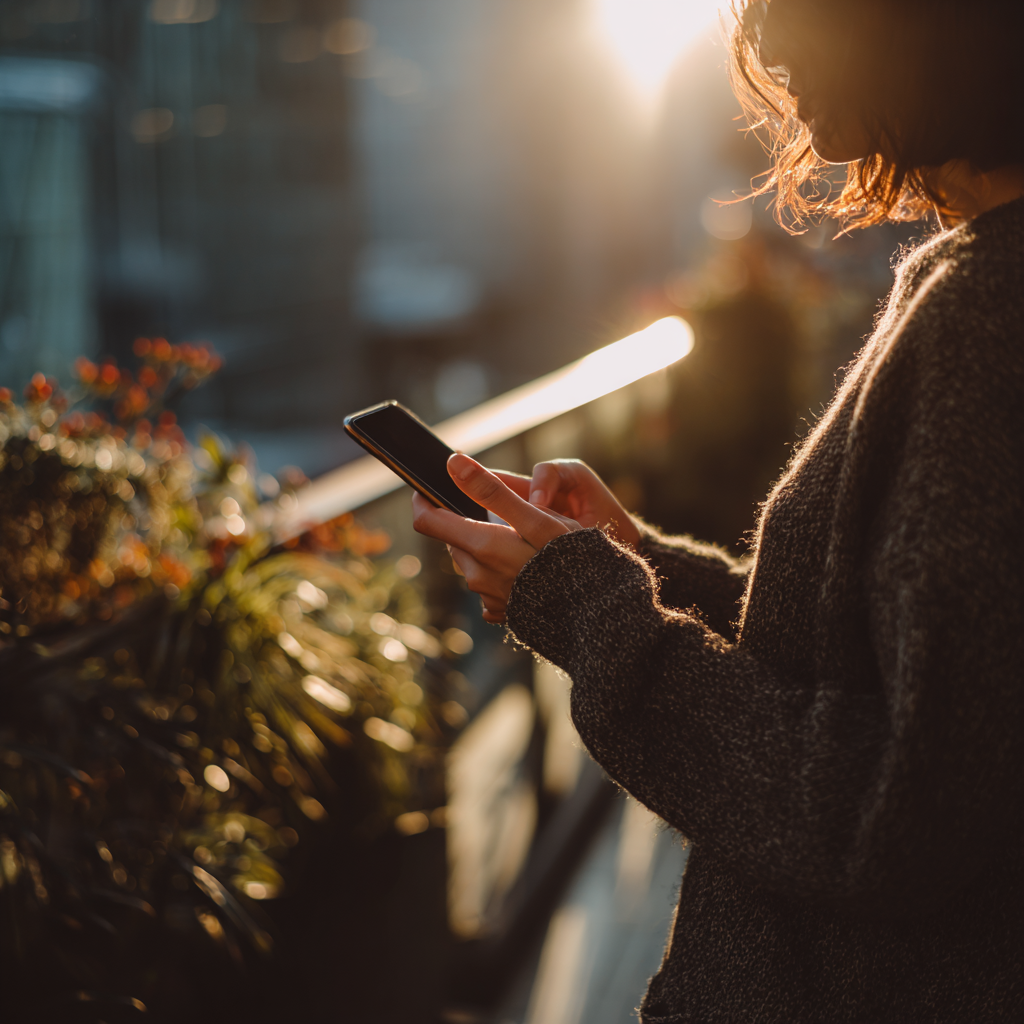
Your Next Step Toward Sugar Freedom
If you’ve been lurking quietly, afraid to post or join a group – start small. Comment. Introduce yourself. Say hello.
That one step could be the moment everything starts to change.
And if you’re ready for structure, support, and accountability, join me inside the 30-Day Sugar Detox Challenge.
It’s the same framework thousands have used to finally break free – without white-knuckling it alone.
Because recovery isn’t about willpower. It’s about connection.
Key Takeaways
- Sugar addiction thrives in isolation but heals through connection.
- Social media can serve as a powerful bridge to recovery when used intentionally.
- Curate your feed, connect with others, and use community for accountability.
- Healing happens when you stop hiding and start sharing your journey.
About the Author
Mike Collins, known as “The SugarFreeMan,” has been sugar-free for over 35 years and is the founder of SugarDetox.com. He has helped tens of thousands of people break free from sugar addiction through his evidence-based approach combining nutritional science with practical behavior change strategies.
Medical Disclaimer
This article is for educational purposes only and is not intended to replace professional medical advice. Always consult with a healthcare provider before making significant dietary changes, especially if you have underlying health conditions.
FAQ Section
1. How does social media help with sugar addiction recovery?
It creates community, accountability, and connection – all essential for breaking isolation and staying consistent in your detox journey.
2. Can social media make cravings worse?
Yes, if you follow accounts that promote sweets or unrealistic body ideals. Curate your feed carefully to support your recovery, not sabotage it.
3. What’s the best type of online group for sugar detox support?
Look for moderated groups with active participation, educational content, and kindness. Our Sugar Detox Support Group is a great place to start.
4. Should I take breaks from social media during my sugar detox?
Absolutely. Balance is key. Use social media for connection – not comparison. Take intentional breaks to focus on self-care and reflection.
5. What if I’m shy about posting in a group?
Start small. Comment on someone else’s post, share a reaction, or simply read along. Every step counts toward breaking isolation.
6. How can I stay motivated after my detox ends?
Keep engaging with recovery-focused communities, share your wins, and consider joining ongoing programs like the 30-Day Sugar Detox Challenge.

